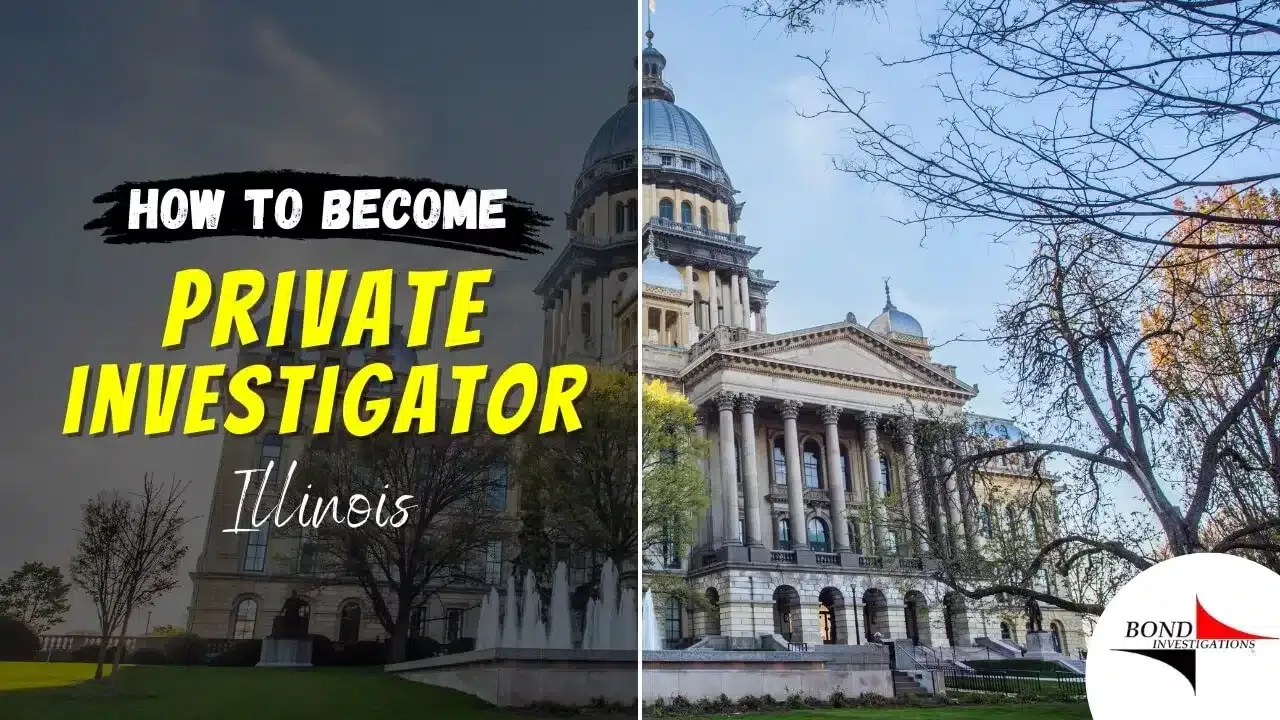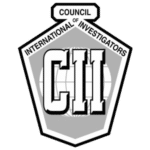Job Opportunities for Private Investigators in Illinois
Private investigators in Illinois may work for private investigation agencies, law firms, insurance companies, or as self-employed contractors. Some common job titles for private investigators in Illinois include:
- Private Detective
- Investigative Specialist
- Surveillance Investigator
- Background Investigator
- Corporate Investigator
Salary and Job Outlook
According to the Bureau of Labor Statistics, the average annual salary for private investigators in Illinois is $53,000. However, this can vary depending on experience, location, and type of employer.
The job outlook for private investigators in Illinois is positive, with a projected growth rate of 8% from 2019 to 2029. This is slightly higher than the national average growth rate for all occupations.
Training and Education for Private Investigators
While a high school diploma is the minimum educational requirement for becoming a private investigator in Illinois, many employers prefer candidates with additional training or education. Some options for training and education include:
- Associate or Bachelor’s degree in Criminal Justice or a related field
- Certification programs in private investigation or related fields
- On-the-job training or apprenticeships with experienced private investigators
In Illinois, private investigators must renew their license every three years. To renew, you must complete 20 hours of continuing education, including at least 4 hours of ethics training.
In Illinois, private investigators must renew their license every three years. To renew, you must complete 20 hours of continuing education, including at least 4 hours of ethics training.
Tools and Equipment for Private Investigators
Private investigators use a variety of tools and equipment to gather information and evidence for their clients. Some common tools and equipment include:
- Surveillance equipment, such as cameras, binoculars, and listening devices
- Background check software and databases
- GPS tracking devices
- Computer software for report writing and data analysis
- Disguises and other covert equipment














